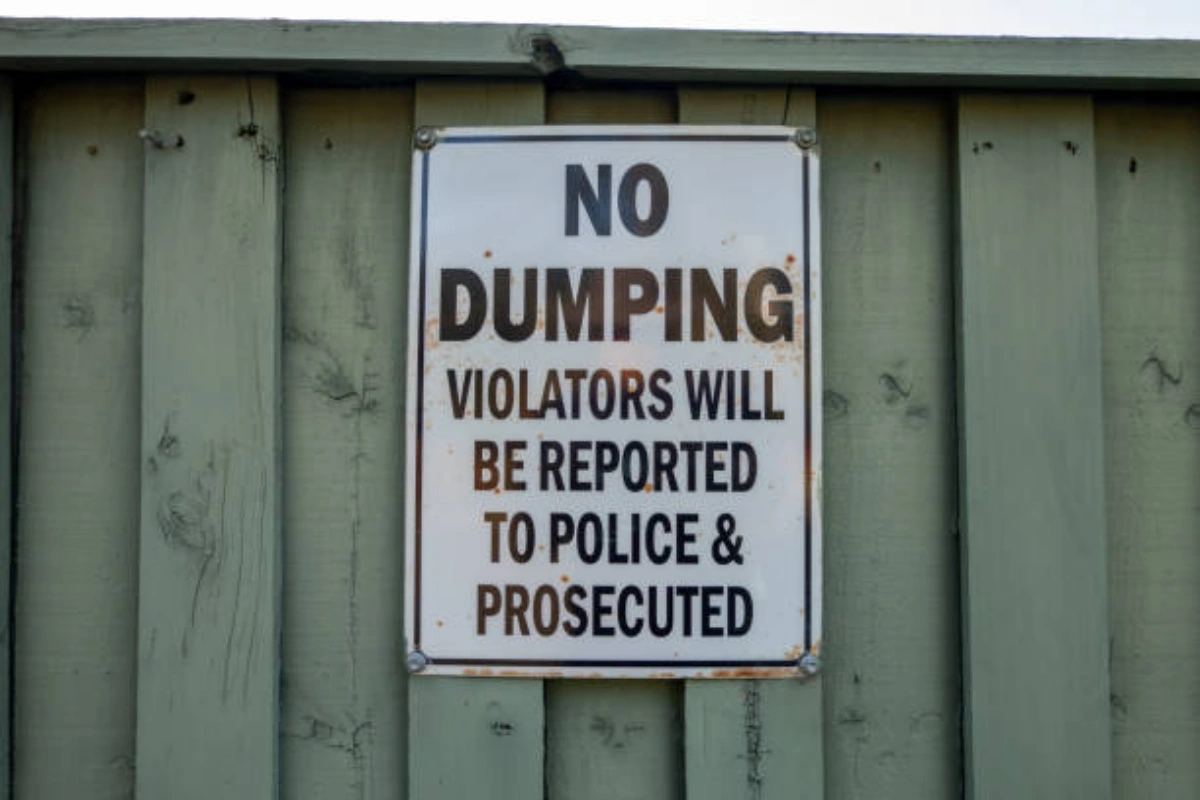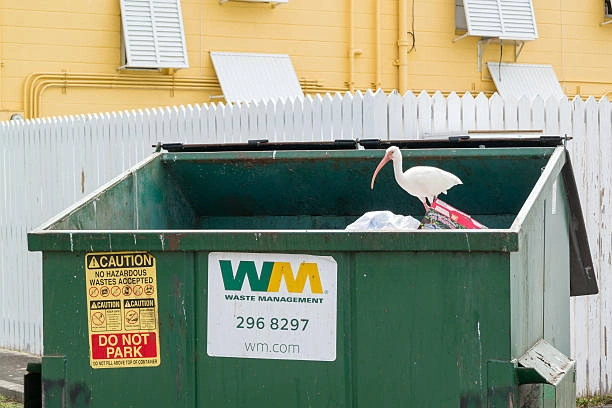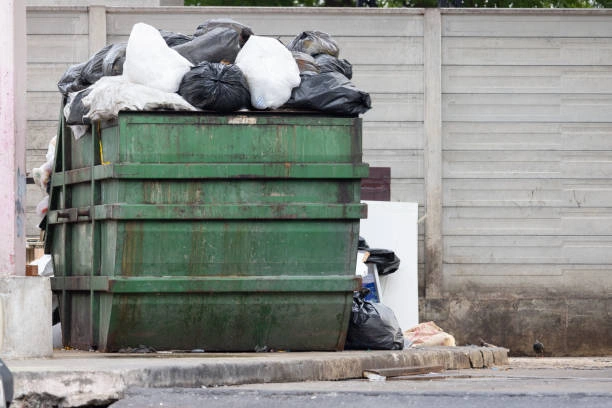Dumpster Diving Laws: What’s Legal and What’s Not in the U.S. A Comprehensive Guide

Dumpster Diving Laws in the United States: What You Need to Know
Navigating the legality of dumpster diving in the United States is essential for anyone who participates in this unconventional yet increasingly popular activity. The legality varies widely across states and local municipalities. While rummaging through a dumpster is generally not illegal if it’s on public property, local ordinances may impose restrictions or require permits. At the core of many legal questions is the principle of abandonment. Items placed in dumpsters are often considered abandoned property, which may be legally retrieved. However, this concept isn’t universally accepted—some jurisdictions recognize the ongoing property rights of the original owner even after disposal. For that reason, it’s critical to research dumpster diving laws in your specific location before engaging in the activity. Additionally, even if dumpster diving is legal in your area, accessing dumpsters on private property without permission may still violate trespassing laws. Health and safety risks also play a role, as discarded materials could be hazardous. Those who engage in this practice must be cautious, well-informed, and respectful of property rights.Ready to connect with top legal professionals? Get immediate support— Call us at 877-550-8911.
Legal Status of Dumpster Diving by State
Legal interpretations of dumpster diving differ significantly from one state to another. In most cases, it’s not explicitly illegal, but the act can overlap with laws on trespassing, theft, and public sanitation. For instance, California and Texas generally permit dumpster diving as long as no trespassing occurs. On the other hand, New York enforces stricter ordinances, and many cities have regulations prohibiting the retrieval of waste from private or commercial dumpsters. In public spaces, discarded items are typically considered abandoned, making their collection permissible. However, in private areas, entering without consent may result in legal consequences. Local laws continue to evolve, influenced by both environmental sustainability movements and property rights advocacy. Remaining up to date with your local jurisdiction’s statutes is the most reliable way to avoid legal trouble. This guide from USA.gov is a helpful starting point for checking local and state laws.Property Rights and Legal Implications
Property ownership is a central factor in the legality of dumpster diving. When an item is discarded, does it immediately lose its connection to the original owner? Legally, this is a grey area. Typically, trash left in a public dumpster is deemed abandoned. However, some states enforce laws that allow owners to retain legal claims over their discarded items. These legal interpretations vary widely. If the dumpster is located on private property, the property owner can restrict access entirely. Unauthorized entry to retrieve discarded items can lead to charges of trespassing or theft. In contrast, items in a public dumpster may be accessible—provided no specific municipal law prohibits it. Before diving, individuals should evaluate the ownership of the dumpster and the location’s legal framework. Taking these precautions can prevent unwanted legal complications.What Items Can Be Taken Legally?
Legal protections—or their absence—determine what items can be taken from dumpsters. In general, goods discarded in public dumpsters are no longer protected by ownership claims and are fair game for retrieval. Items often include:- Food and beverages – Always check expiration dates and packaging for safety.
- Clothing and textiles – These can often be cleaned and reused.
- Furniture and electronics – Frequently salvageable and valuable for resale or personal use.
Legal Risks and Potential Consequences
While the idea of reusing discarded items may seem benign, dumpster diving carries legal risks. The most common legal issues include:- Trespassing – Accessing dumpsters located on private property without permission is illegal in many states.
- Theft accusations – In some jurisdictions, items with apparent value may still be considered owned, even after disposal.
- Health code violations – Retrieving food from dumpsters may violate local public health laws.
Responsible Dumpster Diving: Best Practices
Dumpster diving can support environmental sustainability by reducing waste, but it must be done with care and legal awareness. Here are a few best practices:- Check Local Ordinances: Always verify if dumpster diving is legal in your area.
- Respect Private Property: Never dive on private premises without explicit permission.
- Leave No Trace: Clean up after yourself to avoid community complaints.
- Prioritize Safety: Avoid hazardous waste and inspect food or consumables for safety risks.
- Act Ethically: Don’t take personal items or anything with identifying information.
 Further Resources for Legal Information
Further Resources for Legal Information
To explore the legality of dumpster diving in depth, consult:
- LegalCaseReview.com for up-to-date commentary on property rights and personal liability
- State-specific government portals like USA.gov
- Environmental advocacy forums
- Legal aid organizations or clinics
- University research and property law studies
Frequently Asked Questions
1. Is dumpster diving legal in all 50 states?No, the legality depends on local and state regulations. Some states are more lenient, while others enforce strict trespassing and sanitation laws.
2. Can I get arrested for dumpster diving?
Yes, especially if you’re on private property without permission or if you violate local health and sanitation laws.
3. Are there any federal laws against dumpster diving?
There are no blanket federal laws prohibiting dumpster diving, but local laws may impose restrictions or penalties.
4. What kind of items should I avoid taking from a dumpster?
Avoid hazardous materials, expired food, medical waste, or items containing sensitive personal data.
5. How can I find out if my city allows dumpster diving? Visit your city’s official government website or consult legal aid services to access local ordinances.
Don’t wait to secure the legal representation you deserve. Visit Legal Case Review today for free quotes and tailored guidance, or call 877-550-8911 for immediate assistance.



